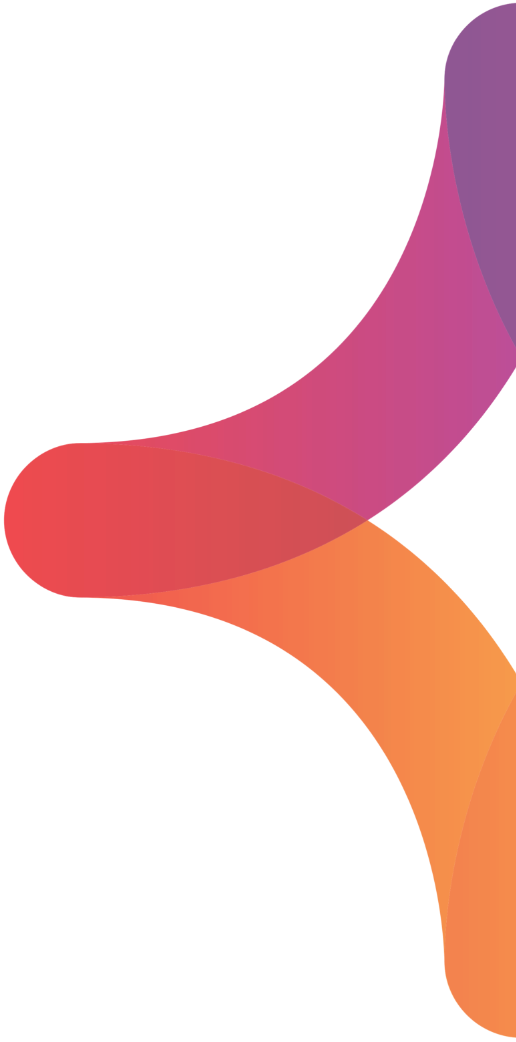
Four in ten Dutch people are overweight, although, really, it should not be possible to become overweight. ‘The brain sees when you eat, how much you eat, and tells you when to stop eating when your body has been fueled sufficiently,’ says Andries Kalsbeek. However, in the brains of overweight people this stop signal does not work. These people eat more than they need. Why?
‘These days we are never far from the sight and smell of food. The old systems in our brain are not equipped to deal with this’
A well-known hypothesis is that the basal mechanisms in evolutionary old brain regions such as the brainstem and the hypothalamus have not adapted to our current living conditions. These old mechanisms developed in a time of food scarcity; a time when humans really needed to engage their eyes and nose to find it. ‘But nowadays we are never far from the sight and smell of food. The old systems in our brains are not equipped to deal with this, and are therefore no longer adaptive. Moreover, our “high-fat high-sucrose diet” induces a strong reward signal when we eat,’ says Kalsbeek.
Another hypothesis has to do with timing. ‘The biological clock in our brain controls all kinds of body processes via the hypothalamus,’ Kalsbeek explains. ‘The hypothalamus integrates and coordinates the information from all the organs, and then sends instructions to these organs. Virtually all the processes in our body have a day-night rhythm. However, our current 24-hour society lifestyle often no longer matches our biological clock. We increasingly eat, sleep and exercise at the wrong time of day. As light is the most important synchronizer of the biological clock, clever light interventions may help to synchronize all our day and night rhythms and counteract the havoc that our 24-hour society plays with our system.’
Kalsbeek expects that a person’s health will improve when light is used in the right way, at the right time and at the right frequency. This would not just help overweight people, but also people with type 2 diabetes. In order to investigate this hypothesis, test subjects are served breakfast – either with or without having a light box by their plate – after a night in the Sleep Lab. Their blood samples are then analyzed to see how well their bodies deal with their breakfast.
‘In the future it may be possible that light therapy glasses will help people with type 2 diabetes to synchronize their organs’, says Kalsbeek. Until then his advice is to avoid watching screens (i.e., blue light) right before bedtime. Not only will avoiding screen light help you to fall asleep better, it will also help to prevent you gaining a couple of pounds.
Vacancies
At the moment, there are no vacancies within this group
Show all vacancies
Contact
"*" indicates required fields
Donate to NiN
"*" indicates required fields
Brain Friends make groundbreaking brain research possible
- You support groundbreaking/ innovative brain research
- You support the Dutch Brain Bank
- Invitation to the Brain Friends Lecture
- Exclusive friend activities
- A look behind the scenes of the Netherlands Institute for Neuroscience
You can easily donate via
![]()
![]()
You can also transfer your contribution to NL76 INGB 0002 1673 78 in the name of ‘Stichting Vrienden van het Herseninstituut’
Support our work!
The Friends Foundation facilitates groundbreaking brain research. You can help us with that.
Support our work